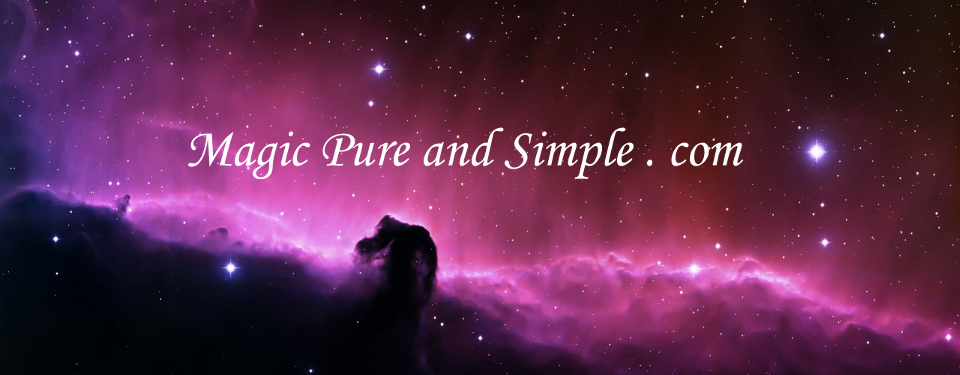
This is one of the most power of Sanskrit mantras. It is said by Hindu teachers to give the power to see behind illusion.
I have been told that there is a story in Indian of a holy man called Vasishtha who has a special cow. When visited by a king the story makes a turn to sound like the feeding of the 5 thousand, when his special cow produces many meals magically to feed the king and all his armies.
The king become very jealous and bargains to buy the cow, but the holy man refuses saying the cow was a gift of the gods. The king decides to take the cow by force, but with the permission of the holy man the cow magically produces armies to defend itself and destroys the kings armies.
The king runs and meditates in the mountains oh Shiva the god of destruction. He chants Om Namah Shivaya for many days and to reward his devotion Shiva gives him great divine power. He returns to the Holy Man and with the divine power of the Shiva he is able to level the Holy Man’s village but when he goes to take the cow the Holy man appears and for all the might of the King he was not able to defeat the Holy man. When he throws fire of the gods from his hands the Holy man is able to absorb it into his staff and it is as though it was never there.
Suddenly realising what he has done the king leave the village where he has killed many for the sake of a cow and he seeks the wisdom to become a holy man, a Rishi, like Vasishtha. Eventually after many years meditating he comes a Rishi and returns to beg forgiveness, but he realises he is not quite the holy man that Vasishtha is and this he realises is because he has attachment, and because his mind dwells on things. He asks Vasistha for a mantra that will let me become like Vasishtha and deep in meditation Vasishtha produces the Gayatri Mantra which is found today in the Hindu scripture known as the Rig Veda.
Crowley suggests it is chanted at the cycles of the moon, but it is a solar focused prayer and not moon related.
The words of the prayer are as follows
Om – It begins with Om which is a mantra in and of itself. This symbolises the experience of man and the supreme god united and all the cosmos as one god.
Bhúr Bhúva Svahá – These are the 3 worlds of human experience in some Hindu cosmologies. They could roughly be translated earth, air and heaven, but the meaning would be closer to body, mind and spirit. In Vishnu Purana, a Hindu text they appear as the first 3 of 7 worlds or lokas. The higher realms are the dwellings of the gods.
Tat savitúr várenyám – That, source of light (represented as the sun), who is adored.
Bhargó Dévasya Dhimahí – The unfathomable light, which is divine, on which I meditate
Dhiyó yó nah prachódayát – May he enlighten our minds
This has been a powerful mantra for me stirring a sense of connectedness inside me, but has not yet led to grand insight like so many other Mantras have. I must say however that there have been times when I had been experimenting with this mantra that other people responded to me as if they could see a change in me. Comments like “you’re not quite as boring as usual” suggested to me that there is a possibility that someone else is subconsciously picking up on the energetic change that occurred with the mantra.
Deva Primal does a lovely sounding version which is accessible to the English tongue that is trying to learn it, but I wouldn’t trust anyone, but an Indian to teach the pronunciation properly.
oṃ bhūr bhuvaḥ suvaḥ
tat savitur vareṇyaṃ
bhargo devasya dhīmahi
dhiyo yo naḥ prachodayāt
